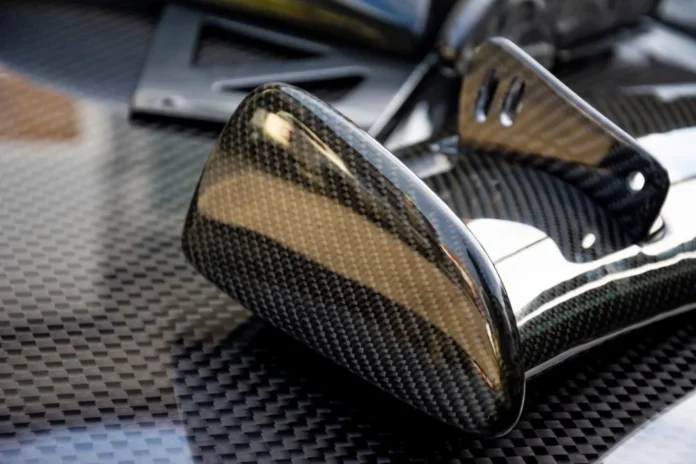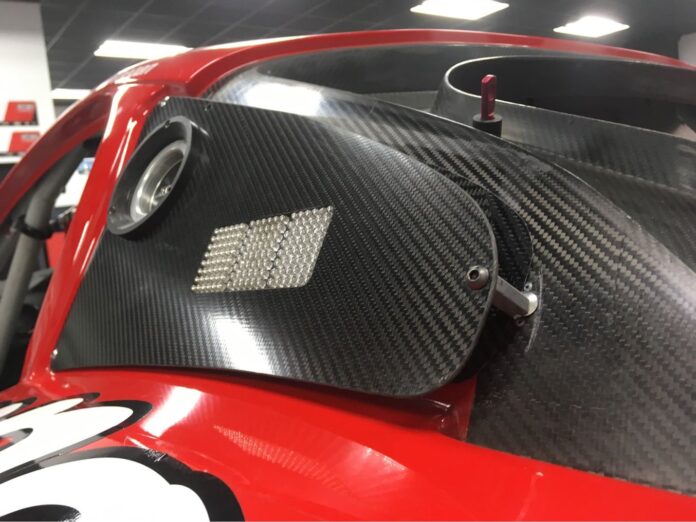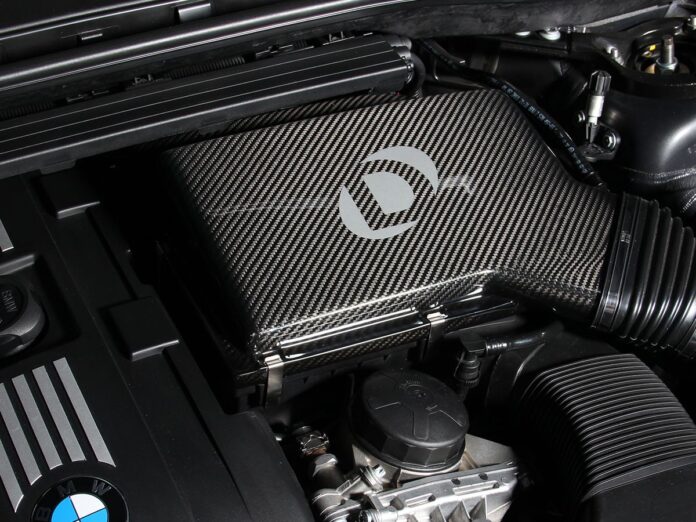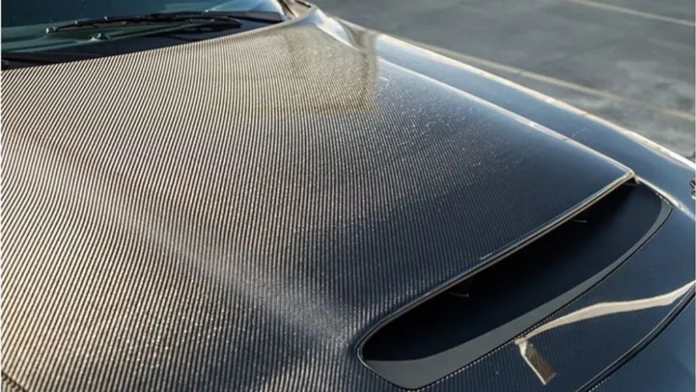Today’s automotive industry is all about electronic and hybrid vehicles. With the increased road traffic, vehicle manufacturers focus more on producing efficient and cleaner vehicles. And to manufacture efficient cars, they try decreasing vehicle weights by using solid yet flexible and highly durable materials like carbon fiber. Carbon Fiber is one of the most cost-efficient alternatives to steel and aluminum in automobiles today.
ShaSha Carbon understands the importance of using carbon fiber in today’s vehicles. Therefore offers a wide array of lightweight yet highly durable carbon fiber parts for both interior and exterior. From the paddle shifter, gear shift knob, or internal trims to Antenna, fuel & mirror covers, ShaSha Carbon offers the best-quality automotive parts at the most economical rates.
Benefits Of Carbon Fiber Vehicles

When talking about the usage of carbon fiber composites, it has numerous positive aspects. Below are a few advantages of carbon fiber & why it is becoming the first choice of many manufacturers and automobile engineers worldwide.
Stronger Than Any Other Material
At equal weights compared to steel, composites of carbon fibers can be 2X stiffer and 5X stronger. And because of this, the material is safe to use in automobiles, increasing performance. Batteries used in cars today are heavy. Hence, manufacturing them using carbon fiber parts can dramatically improve their performance, which is the top demand of customers today for automobiles.
Besides, carbon fiber composites are known for their high-tensile strength properties, and the report says it is the strongest commercial reinforcing fiber today. And because of this, most automobile manufacturing companies are switching to fiber-reinforced materials from steel or aluminum.
Lighter Than Aluminium & Steel
As said earlier, the industry is moving towards lightweight electronic and hybrid vehicles. The usage of carbon fiber materials in cars not only makes them light but also increases their speed & power without compromising safety. And this decrease in car weights increases their efficiency by 6-9%. Therefore, this decrease & increase in the proportions of weight & efficiency can profoundly impact the industry in the coming years.
For example, GMC’s 2019 CarbonPro Sierra 1500, which included carbon fiber components, reduced the weight of their vehicle’s pickup bed by 25%. And this increased their vehicle’s payload by 59 pounds. In another example, BMW E92 335i Coupe also included parts made of carbon fiber composites, reducing the weight of their car by 550 pounds. And all this has allowed the manufacturer to upgrade to a six-cylinder engine and increase horsepower.
Corrosion Resistant
Carbon Fiber holds excellent chemical stability and, therefore, is corrosion-resistant. And it works well under harsh conditions and doesn’t rust easily. Since it is naturally oxid-resistant, the vehicle with such materials can withstand conditions or situations exposed to corrosive chemical agents or salt water. Moreover, some parts are also made with a UV finish to protect your vehicle from sunlight and its long-term damage.
Easy To Mold

When comparing the flexibility of steel/aluminum with carbon fiber, the after one is way more flexible than others. While steel or aluminum are rigid materials, carbon fiber can be molded easily and used in those tricky parts such as wheel wells, mirror covers, paddle shifters, or gear shift knobs. In short, it holds the immense ability to manufacture parts in any desired shape and size.
Withstand Extreme Weather Conditions
Since the material holds low-thermal expansion, automotive carbon fiber parts’ shape, volume, area, and density won’t be affected under extreme weather conditions. It does not change with the temperature changes, making carbon fiber composite an excellent choice for automobile parts that are meant to run for the long term.
Controls Vibration
According to reports, it has high-fatigue resistance; carbon fiber can tolerate continuous loading. The technology of the Shasha Carbon products adds minimal weight to their carbon fiber products, significantly reducing noise & vibrations, thereby uplifting the life of car parts. In other words, Shasha carbon automobile parts are corrosion resistant, ensuring longevity, low-thermal expansion, fatigue strength, and long-lasting temperature resistance.
Heat Resistant
Carbon Fiber has an excellent capability of withstanding heat, but when mixed in matrix solutions like concrete, epoxy, or plastic, the heat tolerance tends to lower. In other words, the concentration of the matrix plays a vital role in whether carbon fiber-based vehicle parts can withstand the heat.
For instance, some epoxy concentrations in carbon fiber composite can withstand up to 100 degrees celsius of temperature. At the same time, the reinforced carbon matrix composites have a heat tolerance of over 2000 degrees celsius temperature.
Stiffer Than Steel & Aluminum

The bond of carbon atoms is bonded in a tight structure, which makes carbon fiber way stiffer than materials like aluminum or steel. And this tightly structured bond does not affect the shape of the parts very quickly, and as a result, your vehicle stays safe and in absolutely new condition for a longer period. Furthermore, the material will retain its necessary rigidity even in a lightweight structure.
Cost-effective In The Long-Run
Compared to aluminum and steel, carbon fiber is not that cost-effective, but the materials’ sturdiness makes the vehicle parts’ life span longer. The value of vehicle parts to consumers is way more significant than the manufacturing cost. In other words, although the cost of carbon fiber vehicle parts is costlier compared to steel & aluminum parts, their longevity, and durability can be cost-effective in the long run.
Conclusion
Lightweight vehicles are the future of the automotive industry, and using carbon fiber is a great way to get there. Most automobile manufacturers are adapting to infuse carbon fiber parts in their vehicles to make them more efficient in the long run.
Being the most sturdy, highly durable material, it dramatically enhances the performance and horsepower of cars. Furthermore, they can tolerate extreme conditions without getting rusty, which is not the case with car parts made from aluminum and steel. Hopefully, the benefits mentioned above are clear enough to understand the importance and constant demand for carbon fiber composites in today’s automobile industry.




